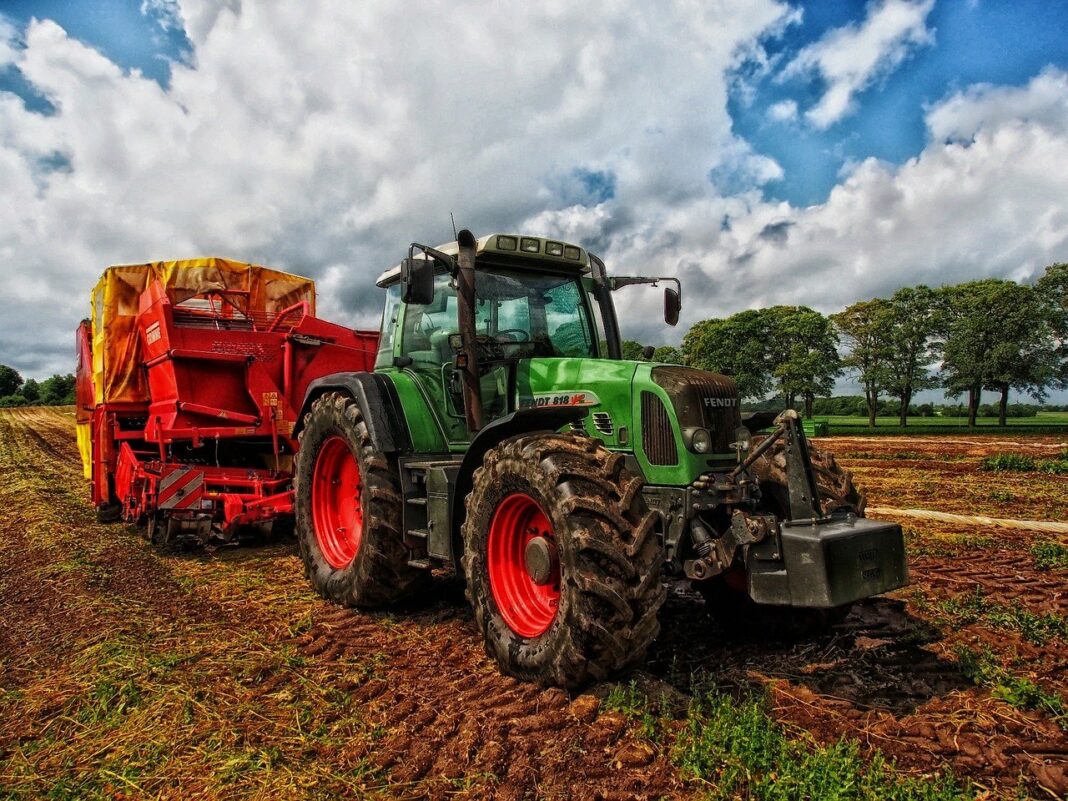NIGERIA. In a webinar organized by the African Agricultural Technology Foundation (AATF), stakeholders have called for the adoption of mechanization along the agricultural value chain.
The webinar was attended by experts in agricultural mechanization, agribusiness, digital agriculture, and representatives of global agencies like the World Bank, African Union, the National Agriculture Research Organization (NARO) of Uganda and private sector players.
Adoption of value chain approach to mechanization
The stakeholders stated that the adoption of a value chain approach to mechanization is one of the best options towards attaining high productivity in agriculture in Africa.
In his presentation, the Business Development Manager at AATF, Mr. George Marechera, said that mechanization provides an opportunity for smallholder farmers to evolve from subsistence to supplying larger markets.
He added that this can only happen where mechanization is adopted along the agricultural value chain.
According to Marechera, mechanization brings about increased production, reduces high labor costs, enhances efficient production at low cost, facilitates competitive pricing, promotes efficient use of input, and enhances productivity.
“Farmer aggregation, clustering and training on mechanization and farming as a business, identification of local entrepreneurs and training of tractor operators in mechanization service provision including the establishment of Mechanization Model Farms (MMF) to provide technology demonstration and capacity building are critical steps that are needed to ensure mechanization makes an impact on the continent,” Marechera said.
Deployment of mechanization
Dr Parmesh Shah of the World Bank noted that mechanization goes beyond deployment of tractors to farms as it involves production, harvesting, post-harvest handling, transportation, storage, and packaging.
Speaking on the spatial variations of mechanization demand across Africa, Shah bemoaned the fact that most African countries are not on par when it comes to the deployment of tractors in agriculture while he called for a critical review of sub-regional patterns in the utilization of mechanization to see what works.
Mechanization and economic growth
The Principal Research Officer with the National Agricultural Organization (NARO)-Uganda, Dr. Omongo Christopher Abu, traced the origin of agricultural mechanization in Africa to the early 1950s while acknowledging the low level of mechanization in the agricultural value chain.
He lamented that over 90 percent of transactions from farm production-to-market are handled through inefficient labor-intensive tools stressing that agricultural mechanization is a catalyst for economic growth that needs to be promoted on the continent.
The Senior Manager with AGCO Future Farm, Kalongo Chitengi, called for a deliberate government policy that favors tax rates and duties to promote mechanization, adding that such government-backed agricultural policies have the potential to make farming profitable.



